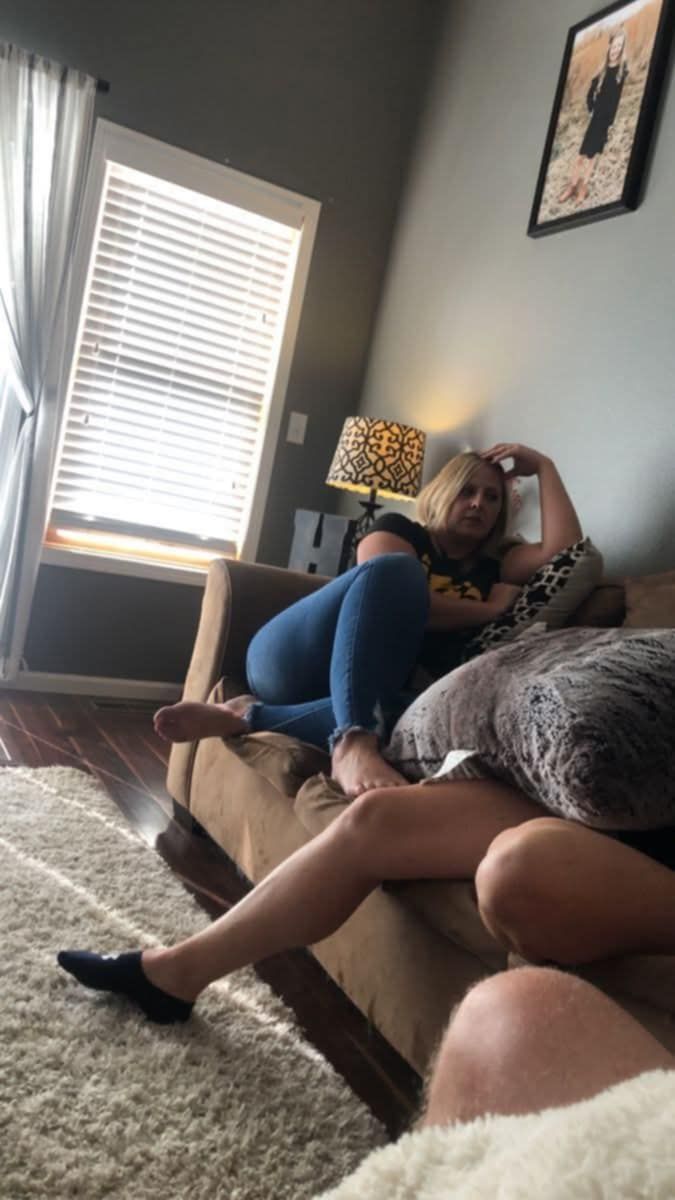It started with small things. Like, she just stopped folding the laundry. I thought, okay, maybe she’s had a tough week. No big deal. I folded it myself and didn’t say anything. Then it was the dishes. Then she stopped making the bed. No more grocery runs. No more cooking. No sweeping. Not even paying bills. Boom—nothing.
We’ve been married fifteen years. Kendra is 44, works part-time at the salon, and has always been the kind of person who liked a clean, organized home. Not obsessive, but she took pride in it. She enjoyed planning little dinners, lighting candles, fluffing the pillows. She cared.
So when she told me one day, completely calm, “I’m done doing things around the house. If it matters to you, you do it,” I was stunned.
I asked if she was okay. She shrugged and said, “I’m fine. I’m just not your maid.”
That hit me hard. I mean—I never told her to do everything. Sure, I work long hours and get home tired, but I always tried to help out when I could. I even encouraged her to take breaks.
But then I started thinking. Really thinking. And all these little moments started playing back in my head—moments I had brushed off at the time.
Her frustration when I left my shoes by the door for days. The way she sighed when I flopped onto the couch after dinner and asked if we had any ice cream. The times she asked for help folding towels and I said, “Give me a minute,” then completely forgot. All those moments I’d labeled “no big deal” were probably piling up, like a stack of unbalanced plates ready to crash.
At first, I got defensive. I told myself I was busting my ass to support us and deserved to relax. Then came the anger. “She’s the one who liked the house neat,” I thought. “Why is she mad at me for something she cared about?”
But after that wave of emotion passed, I started paying attention. I noticed how much lighter she seemed when she wasn’t doing everything. She had more time to sit on the patio and read or take walks around the neighborhood. And for the first time in years, her face didn’t show exhaustion.
So, I didn’t push her or complain. I just started doing what needed to be done. I washed the dishes every night without being asked. I picked up groceries on the way home. I changed the air filter in the heater—something she’d done for years without a word.
She didn’t say anything at first. But one evening, while I was vacuuming the living room rug, she looked up from her book and said, “Thanks for doing that.”
Those words hit me harder than I expected. It wasn’t just about being grateful. There was something else in her voice—a kind of renewed respect, like she was seeing me as her partner again.
Because it wasn’t just about chores. It was about feeling like she was the one automatically responsible for everything. Even if I never explicitly said, “This is your job,” the years had silently handed her the whole load.
When I started taking on more, the conversations between us changed. She told me how, growing up, she watched her mom do it all while her dad sat back. She’d promised herself that she wouldn’t let that happen in her own marriage. But over time, she realized she had slipped into the same role.
And that’s when it clicked: she hadn’t stopped doing everything to punish me. She’d stopped to reclaim herself—her time, her energy, her life.
That realization hit me like a ton of bricks. I hadn’t seen how much of our home’s comfort and peace came from her efforts—efforts I’d taken for granted. This wasn’t about who worked more hours or made more money. It was about balance. About respect. About both people feeling valued—not just for what they do, but for who they are.
And after that shift, things changed. We started taking walks in the evening. She showed me how to make her favorite pasta. I found out I actually enjoy folding towels a certain way. And little by little, I saw Kendra begin to glow again. Her laugh came easier. Her smile lasted longer. She felt free.
In the end, she taught me something crucial: marriage isn’t about keeping score. It’s about recognizing when the balance has tipped too far and being willing to fix it. It’s about hearing what your partner needs—even when they’re not saying it out loud—and choosing to show up.
Kendra stopped doing everything because she needed to care for herself for a change. And through that, she reminded me that love isn’t just in the big words or grand gestures. It’s in the everyday actions. In being present. In paying attention. In the willingness to share the load.
Now, our home doesn’t belong to just one of us. It belongs to both of us. And we care for it—because we care for each other.
So if you’re reading this, take a moment to think about how you share responsibilities in your relationship. Look for the quiet signs of burnout, even if your partner hasn’t voiced them. Sometimes, the most powerful messages come not from words, but from silence.
And if this story spoke to you, share it with someone you love. You never know who might need to hear it today.
